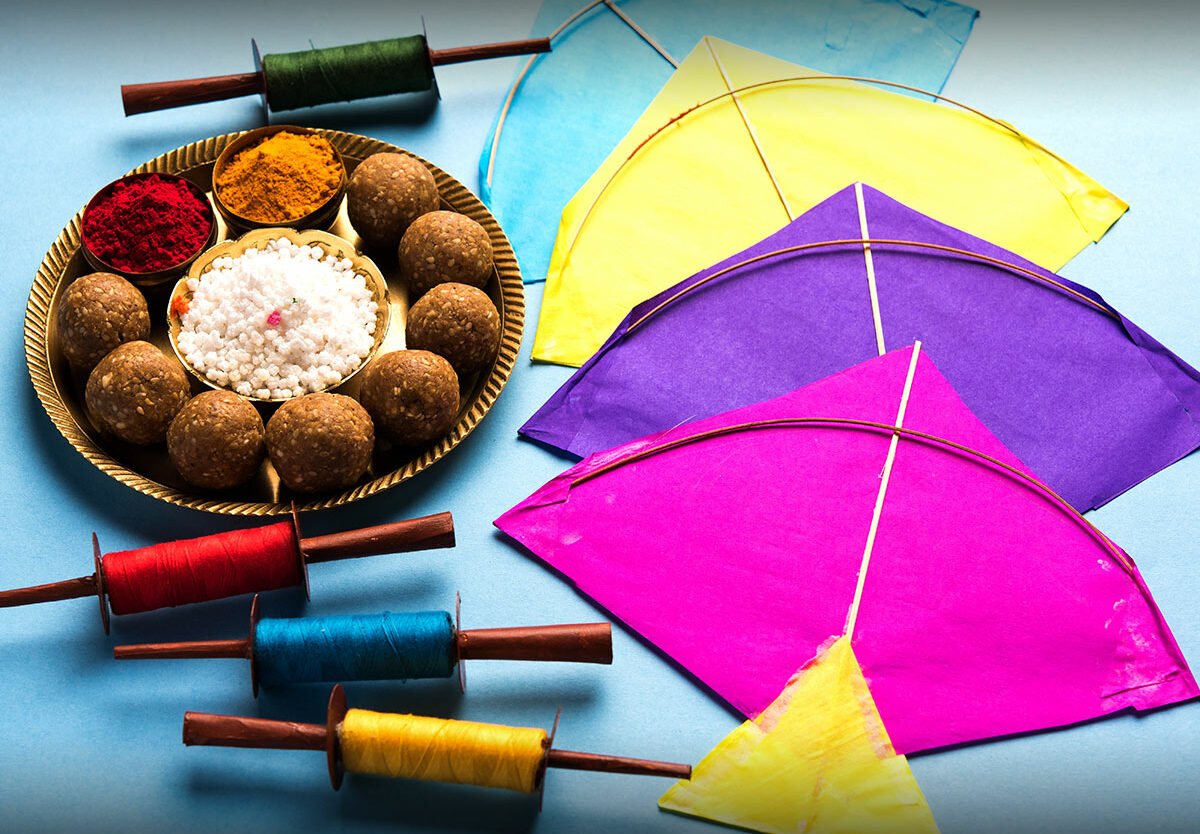- Home
- Temple
- Surila Gurudev
- Activities
-
Events
Upcoming Festivals
- Participate

Introduction
Makar Sankranti is a Hindu festival celebrated annually on the 14th of January. It marks the beginning of the harvest season and is celebrated with great enthusiasm across India.
Significance
Celebrations
Regional Variations
While the basic celebrations remain similar throughout India, there are regional variations in the way Makar Sankranti is celebrated. For example, in Punjab, it is known as Lohri, while in Tamil Nadu, it is celebrated as Pongal.
Conclusion
Makar Sankranti is a vibrant and joyful festival that celebrates the harvest season and the transition of the Sun. It is a time for kite flying, feasting, and the strengthening of community bonds.
Register Now|
Indian Devotees Sripad Ramani Mohan Prabhu +91 95839 82245 |
International Devotees Vrnda Didi: +91 91197 23604 | Mani Manjari Didi (WhatsApp Only) +31 6 10939593 |
Technical Help Chandan Krishna Das: +91 8270 441537 |
|---|